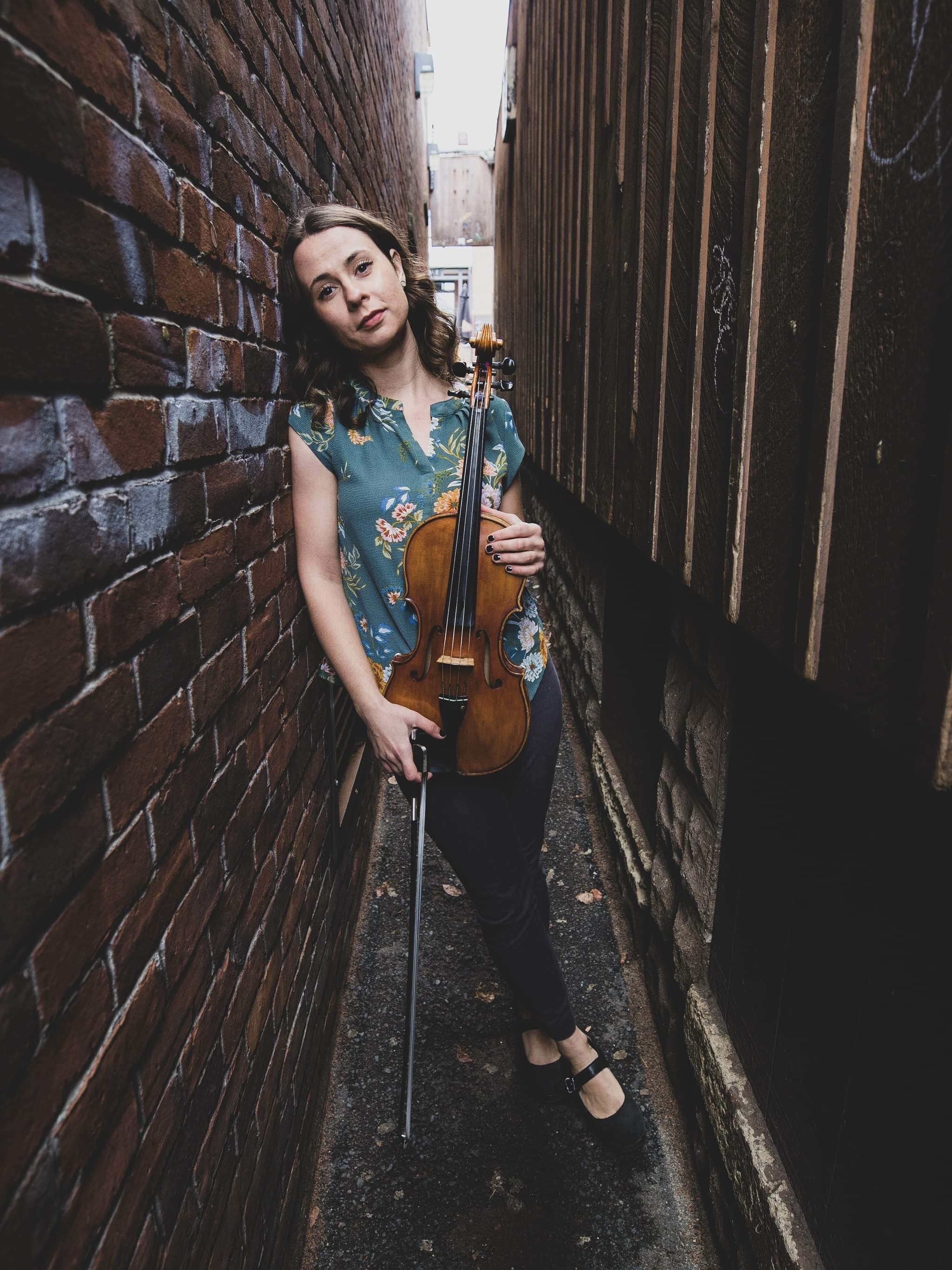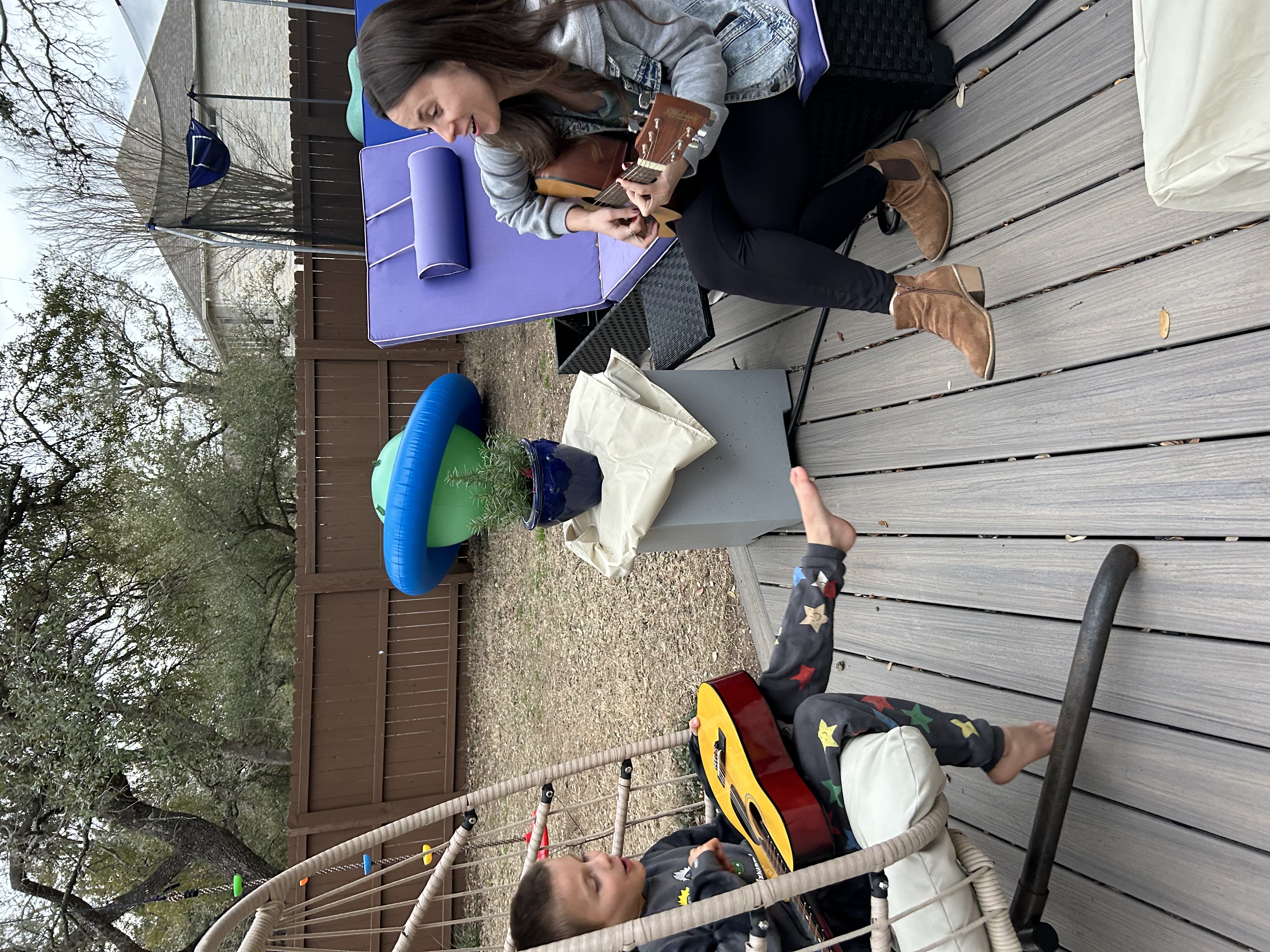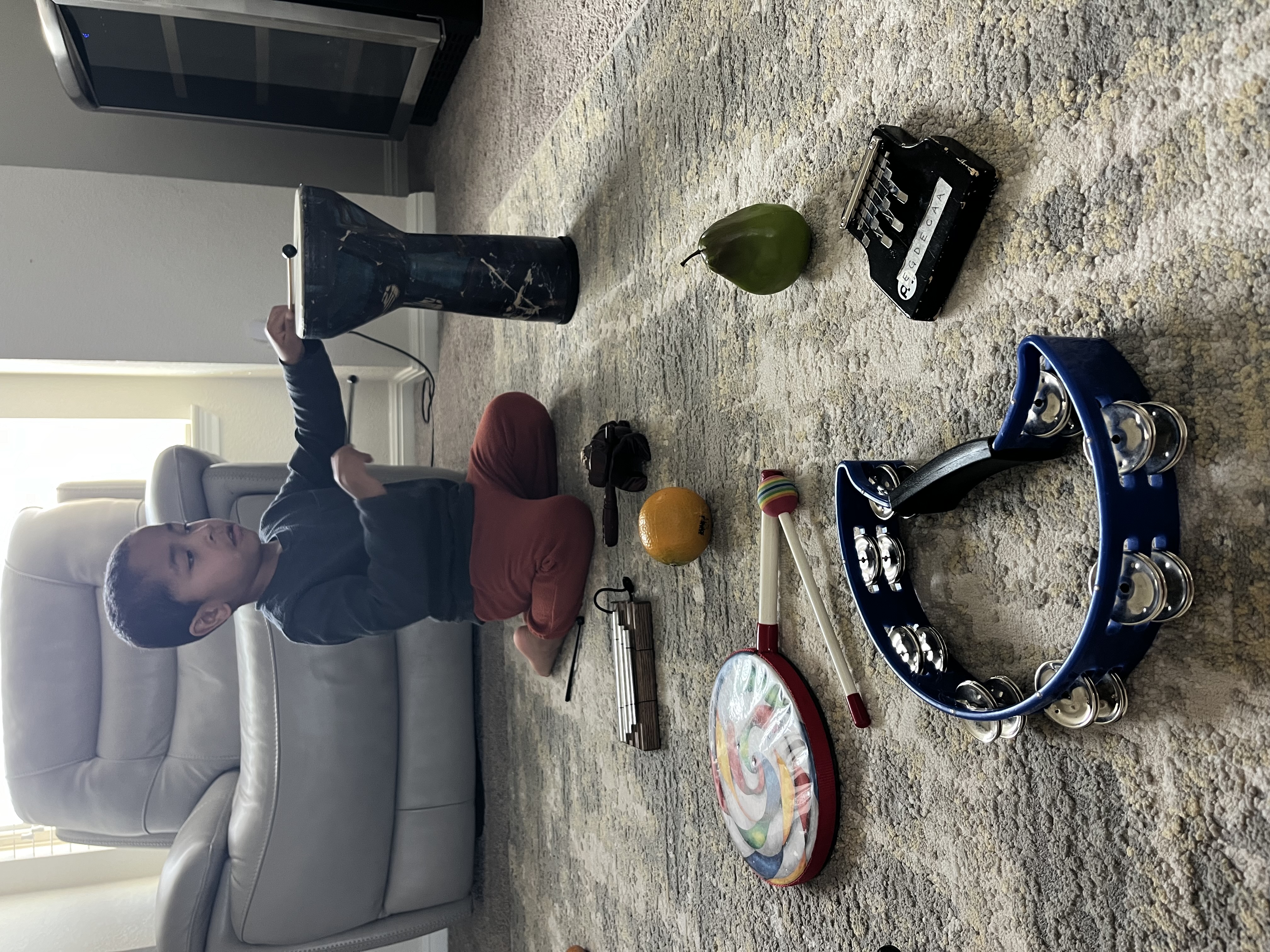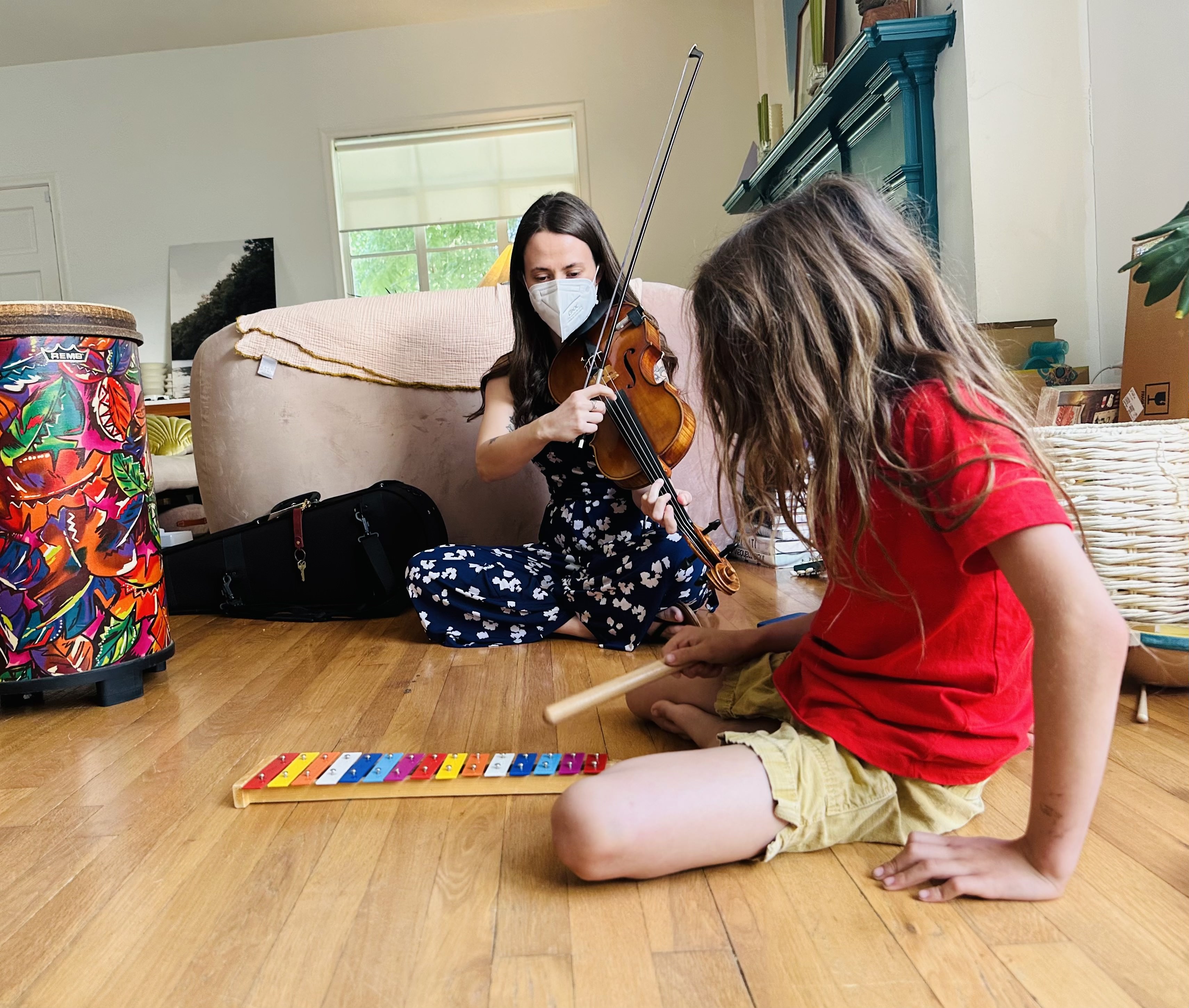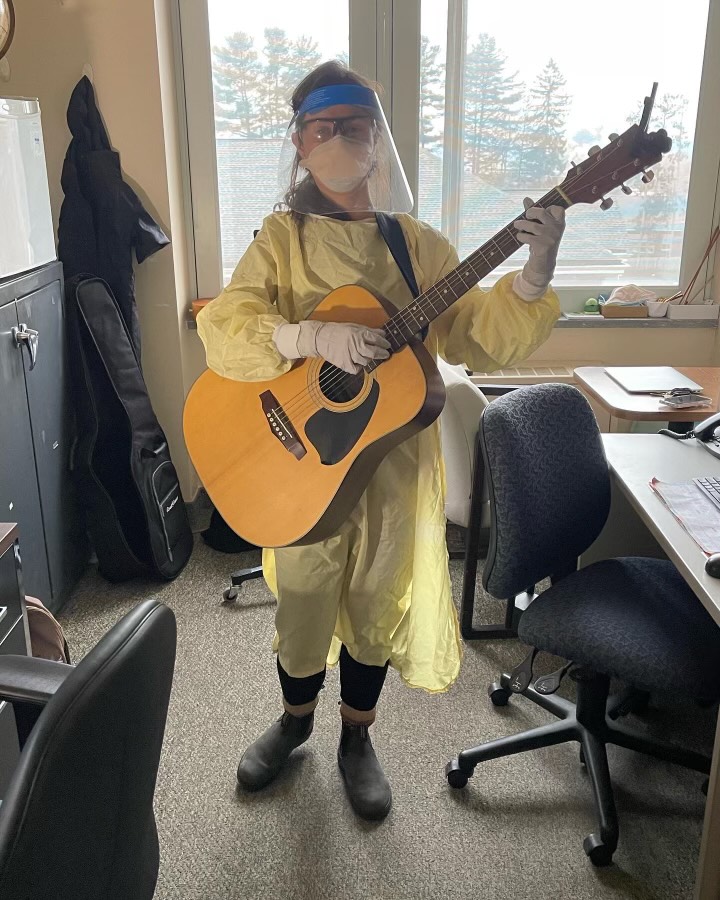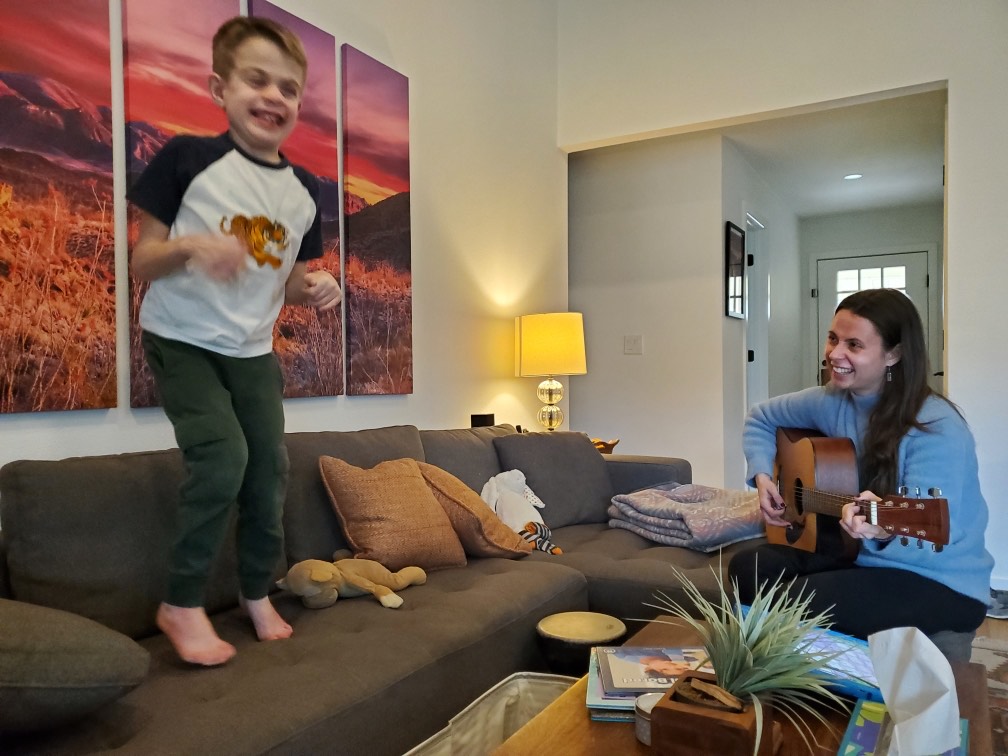Brianna Rzeznik is a Masters-level music therapist, currently practicing in Austin, Texas.
With extensive experience spanning hospitals, schools, and homes, Brianna has worked with a diverse clientele, including adults and children with Autism and other developmental disabilities, older adults with Alzheimer's and Dementia, individuals facing acute psychiatric symptoms, and those navigating medical diagnoses or procedures. She also runs music therapy groups to support children dealing with challenges such as homelessness, parental incarceration, grief and bereavement, and parental deportation in schools in and around Austin.
Brianna's core belief is that mental and emotional well-being are fundamental for every individual, regardless of their circumstances. Her approach to therapy is characterized by warmth, acceptance, and authenticity, creating a nurturing environment for creativity and skill development.
In addition to her work as a music therapist, Brianna is also a practicing psychotherapist at the Center for Therapy and Healing, a telehealth practice based in Boston, Massachusetts. There, she provides compassionate guidance to adolescents and adults, empowering them on their journey toward enhanced well-being and personal growth.
